
- Article
- Article
Is it really OK to not be OK?
Our mental healthcare system is still the poor relation of services that treat physical illness, and the pandemic has shone a spotlight on this situation. Campaigner James Downs argues for fundamental change.

- Article
- Article
When contemporary dance meets dyspraxia
Discover why a rare neurological condition meant an enthusiastic club-night dancer struggled with formal dance classes. And how persisting with those classes paid off.

- Article
- Article
Getting around the rules of sex education
What should we and shouldn’t we teach our teens about sex, inside and outside of the classroom?

- Article
- Article
A bad atmosphere in the Balkans
The citizens of Belgrade, one of the most polluted cities in Europe, are finally pushing back against the polluters, whose activities they’ve been encouraged to accept.

- Article
- Article
Why some patients make my heart sink
Instead of getting nowhere with certain demanding, manipulative patients, our anonymous GP wonders if there’s a way to help them.

- Article
- Article
The tower in fiction, film and life
The high-rise estates born of postwar idealism soon became symbols of crime and squalor. But after one terrible tragedy, public bodies are being forced to rethink our towers.

- Article
- Article
When kids are offered free cosmetic surgery
When they were a child, Jasmine Owens’ dentist offered to break their jaw – for free. It would make them look better, he said. Read on to find out whether or not they agreed.

- Article
- Article
Do good mothers make good democracy?
To be psychologically fit for democracy, one distinguished paediatrician argued that you need a ‘good enough mother’ – and that we must acknowledge the bad side of our feelings.

- Article
- Article
Parasites and pests from the medieval to the modern
Humans have been reluctant hosts to a plethora of unpleasant parasites for centuries. And medieval evidence shows our modern distaste for these little irritations is just as ancient.

- Long read
- Long read
Healthy scepticism
Healthcare sceptics – like those opposed to Covid-19 vaccinations – often have serious, nuanced reasons for doubting medical authorities.

- Comic
- Comic
The neurodivergent cocktail
Mental health problems and neurodivergence often go hand in hand.

- Article
- Article
What is violence?
Criminologist Laura Bui explores her early understanding of violence and outlines its definition and wider consequences.

- Article
- Article
Dirt, disease and the Inspector of Nuisances
In the days when ‘bad air’ was thought to spread disease, dozens of Inspectors of Nuisances ceaselessly struggled against the perils of dirt – both visible and invisible.

- Article
- Article
Why all of us are evil
Science proves that we’re all capable of evil: your secret fantasy about killing someone you hate is surprisingly normal. But the way to better moral choices is to fight emotional instinct.
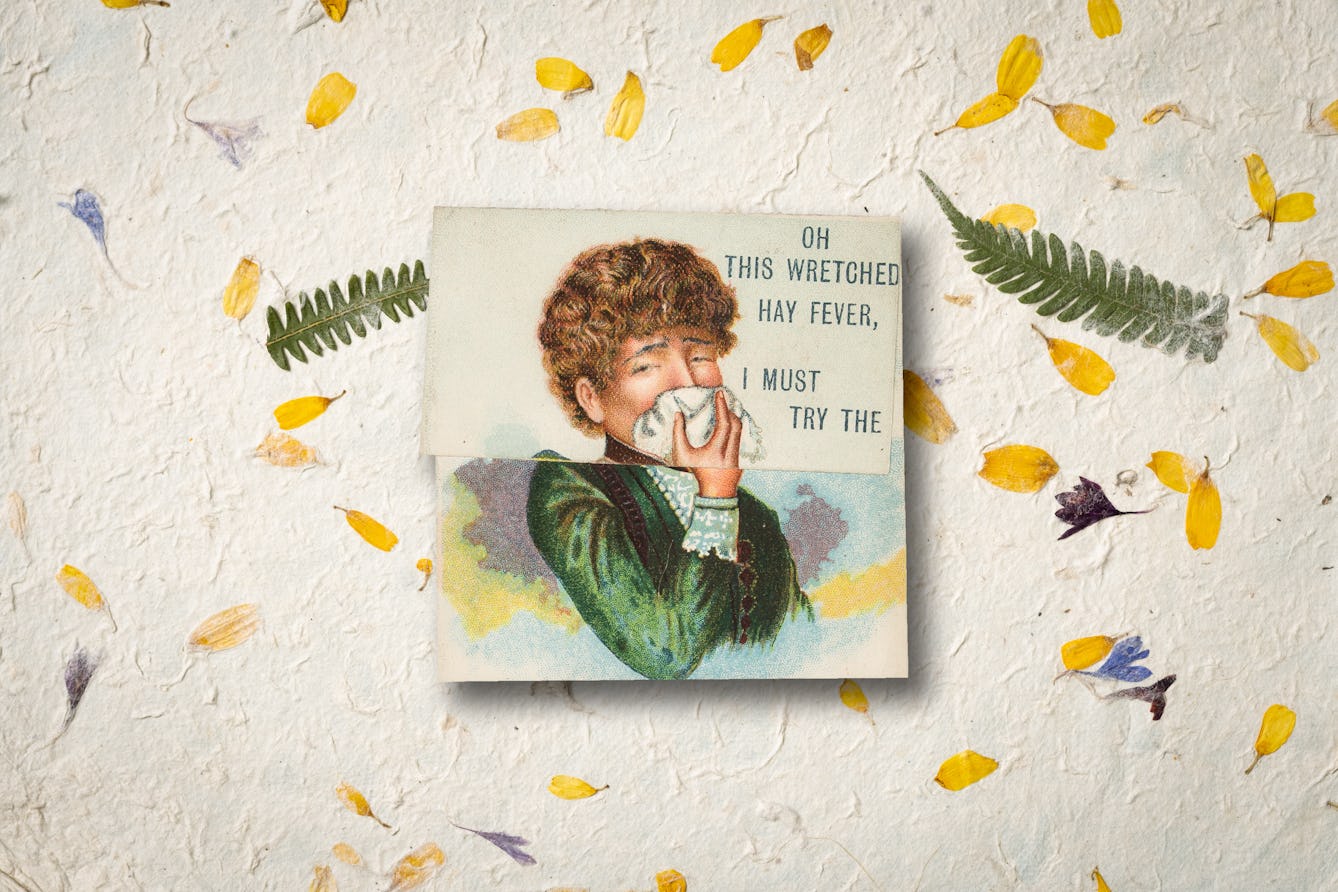
- Article
- Article
The hell of hay fever
After years suffering in silence, David Jesudason finds speaking out about his pollen allergy gives him hope for a future where his hay-fever symptoms are under control.
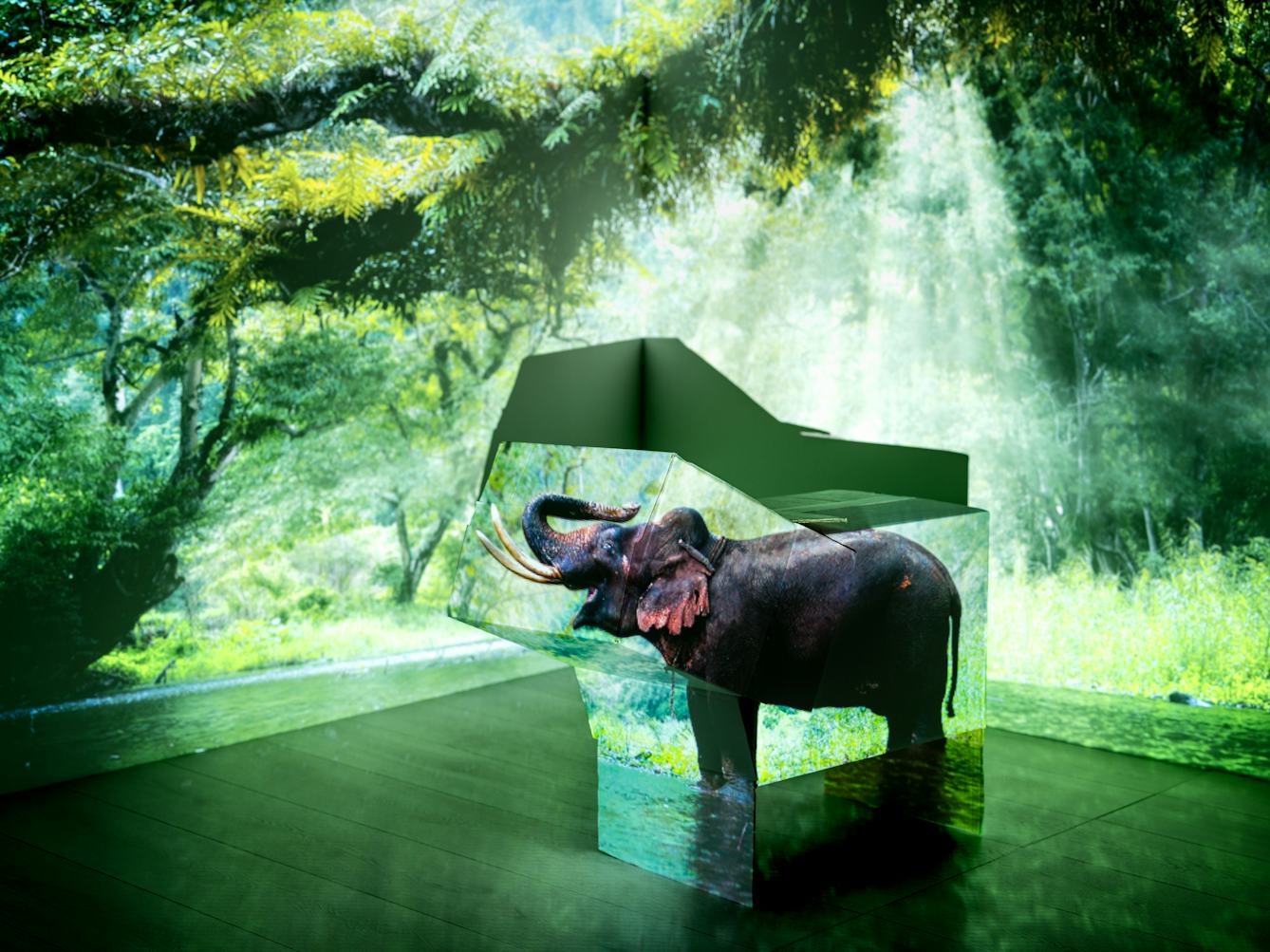
- Book extract
- Book extract
Why make-believe matters
Michael Rosen explores the point of play, and reveals why we should all do a little more daydreaming.

- Article
- Article
How light pollution affects our circadian rhythms
Too much of the wrong sort of light can send our natural cycles off-kilter – is city life messing with your circadian rhythm?
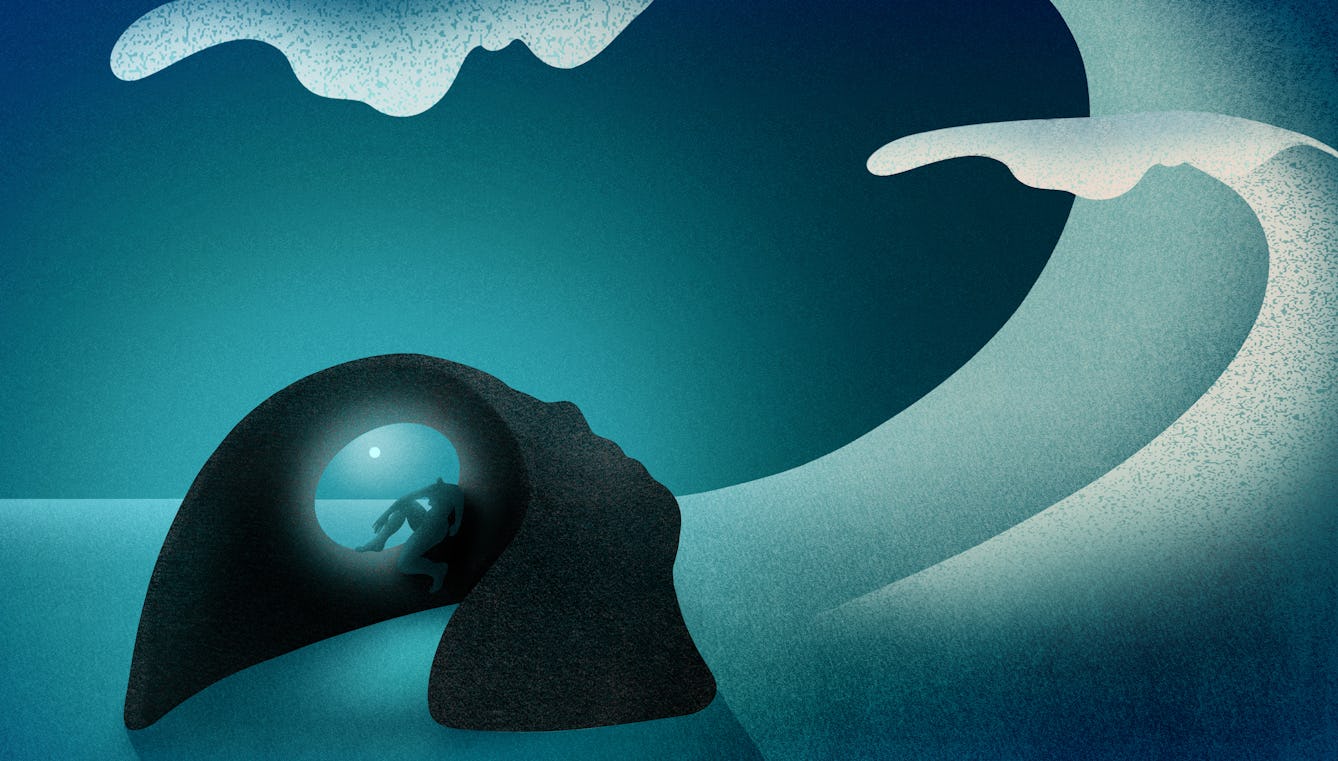
- Article
- Article
Autism assessments and me
When, as an adult, Mayanne Soret decided to get a formal diagnosis of her autism, she found that the series of assessments had a dishearteningly negative focus, seeming to frame her as a problem.

- Article
- Article
How to rehabilitate the concrete jungle
A huge concrete housing estate from the 1960s, now seen as an ecological mistake, is being drastically redeveloped, compounding the environmental errors. Owen Hatherley posits a more creative solution.
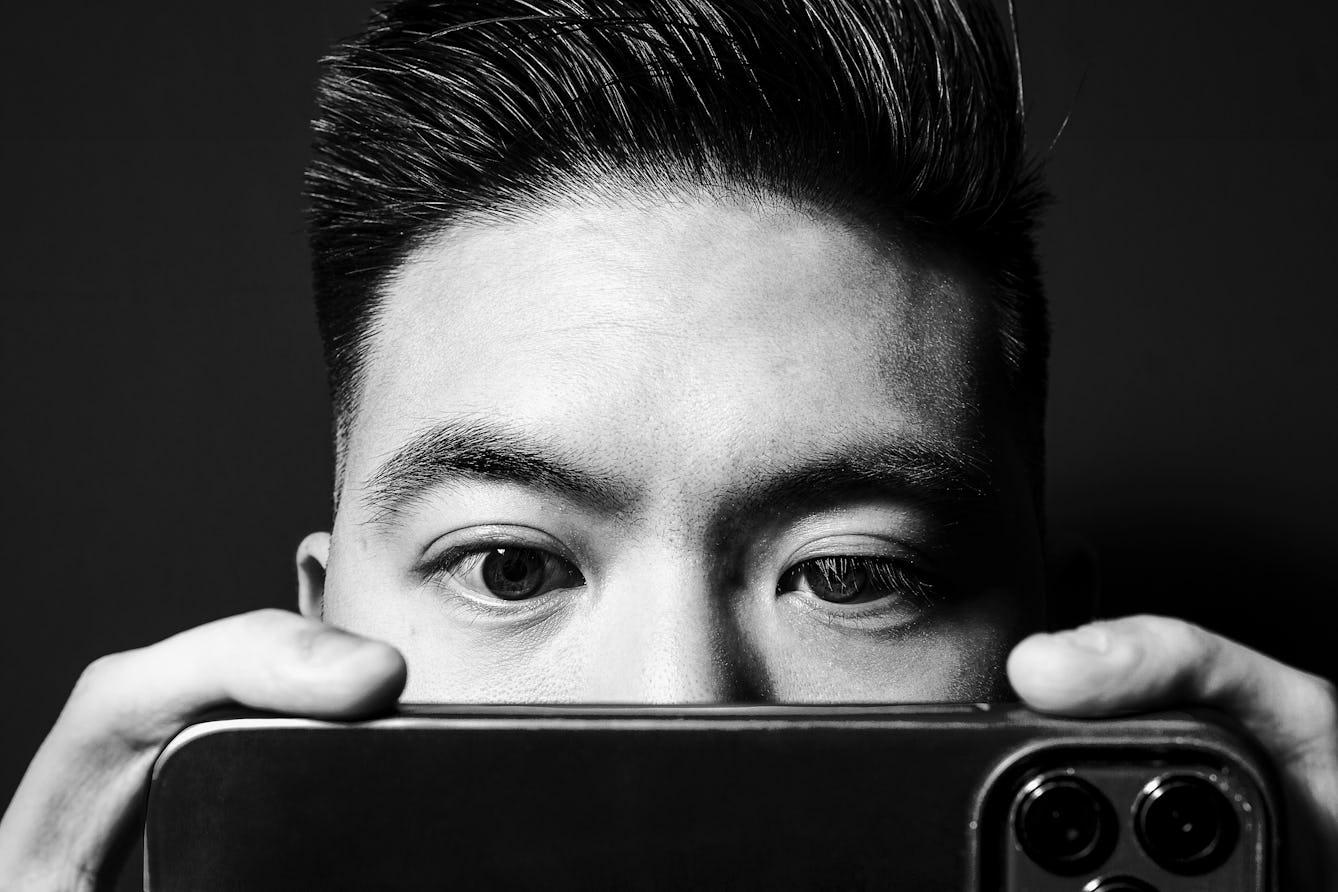
- Article
- Article
The joys and failures of audio description
Audio description enhances the experience of watching a film or TV show for people with a visual impairment, but it's not widely available in the UK. Alex Lee explains why.

- Long read
- Long read
Rehab centres and the ‘cure’ for addiction
Guy Stagg takes us on a brief history of rehab centres and their approaches to addiction and recovery.

- Article
- Article
Love, longing and tea from the polski sklep
For people of Polish origin in the UK, herbal tea is closely tied to health and shared history. Kasia Tomasiewicz explores her changing relationship to these tea-related cultural habits.

- Article
- Article
Diagnosing OCD in the past
Mining the writings of and about famous historical figures, retrospective psychologists try to diagnose their mental health problems. But, inevitably, partial evidence is open to misinterpretation.
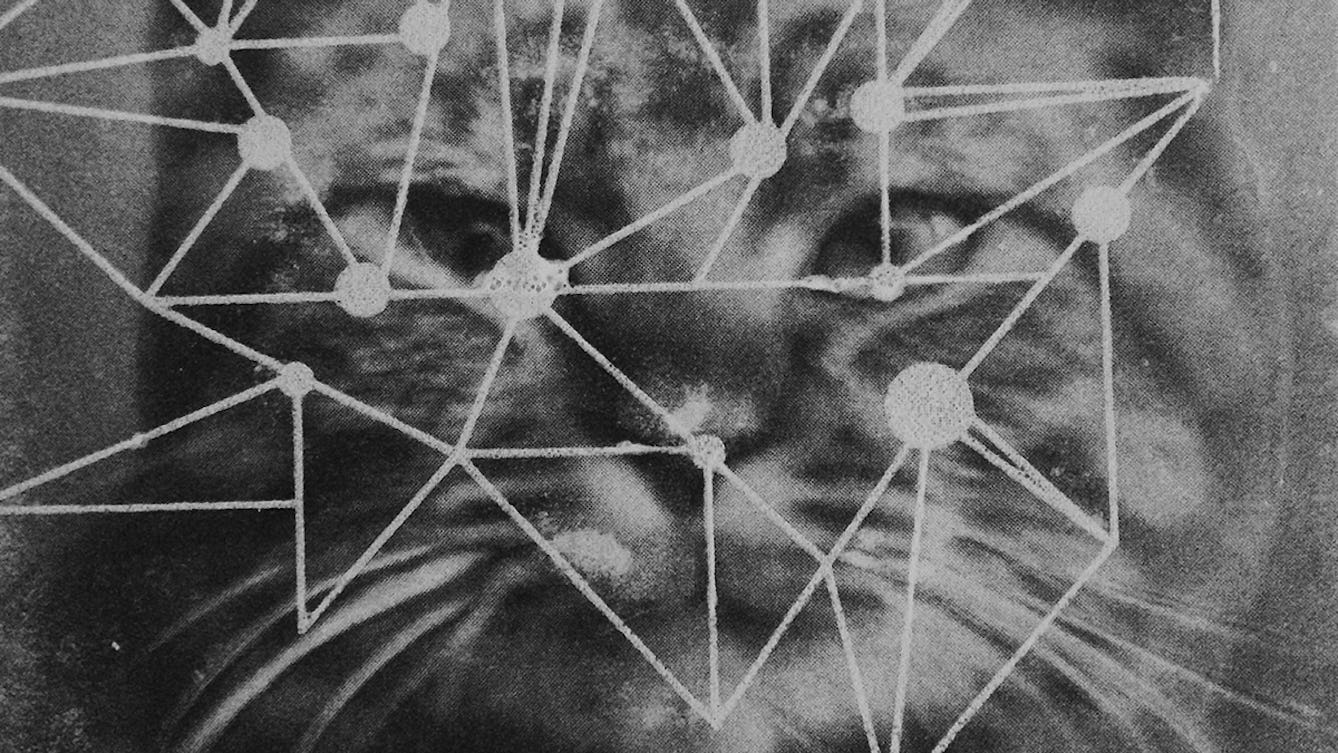
- Article
- Article
Sarah Carpenter on making time for herself through creativity
Art provides a refuge for Sarah Carpenter, allowing her to utilise her energy and keep up the momentum of her recovery.

- Article
- Article
Walk, interrupted
By listing all the things that get in her way, Caroline Butterwick wants to create an embodied experience of disability and convince you that inclusion is everyone’s responsibility.